
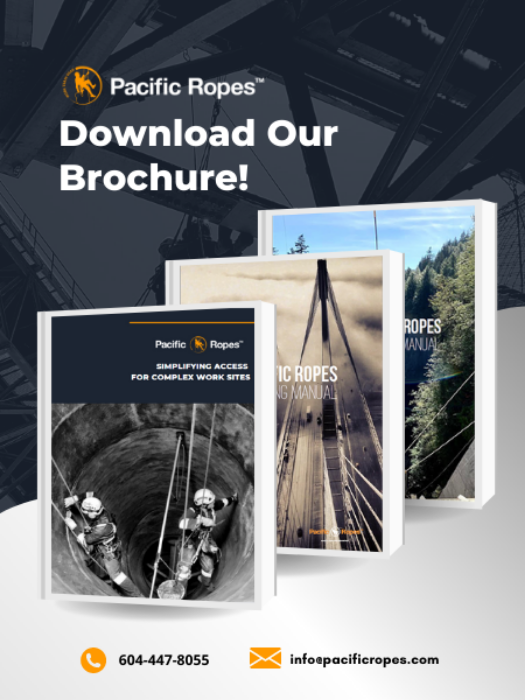
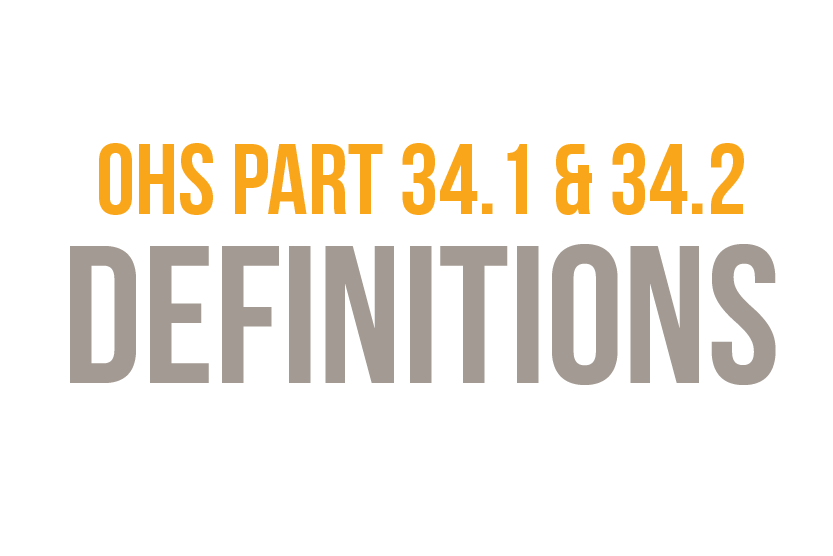
Does Part 34 even apply to the type of work at height that you do? Or, is your industry exempt from meeting this regulation? Read this post to determine if you need to follow Part 34.
Read More >>
Before any rope access work can commence, you'll need a plan put into writing and labelled, Rope Access plan. Go here to find out what's included and why WorksafeBC requires it.
Read More >>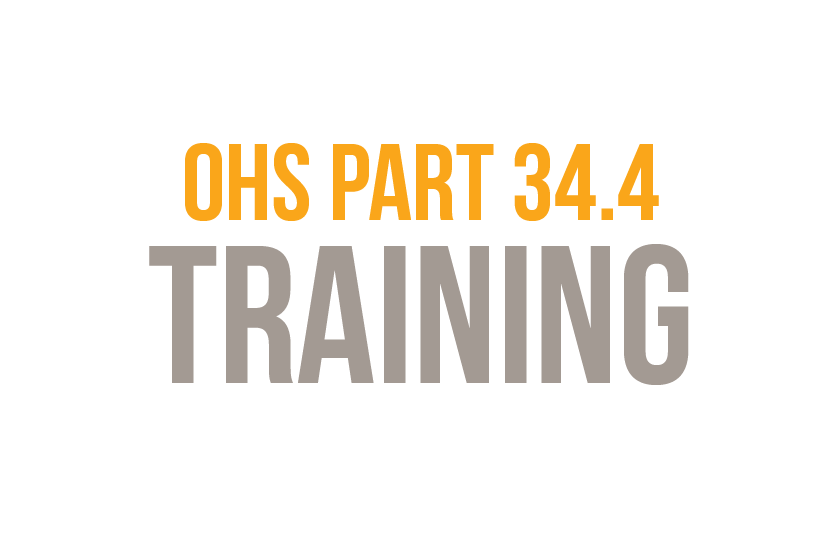
Yes you do! SPRAT and or IRATA training is what you'll need in BC to do rope access work. Click here to get more information on rope access training and to determine if you need it or not.
Read More >>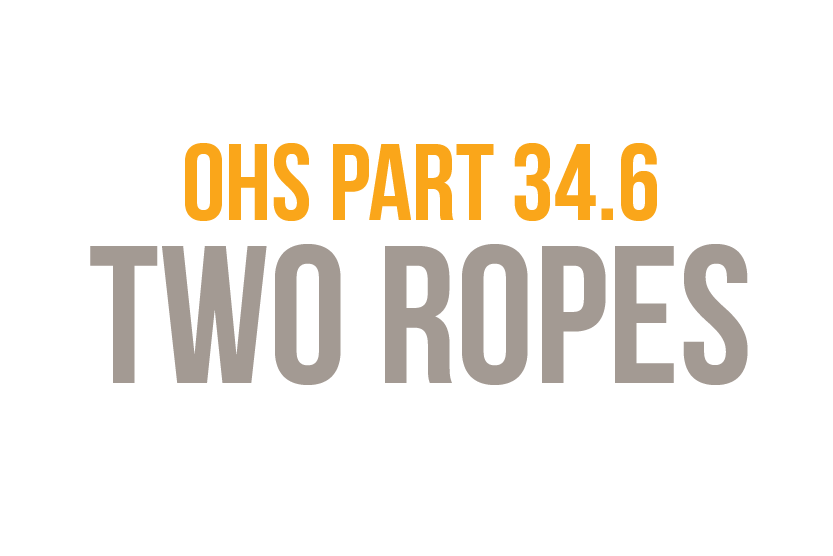
If you want to use rope access on your work site, then yes! What makes rope access such an efficient and safe method is it's requirement for redundancy and back ups. Click here to read more.
Read More >>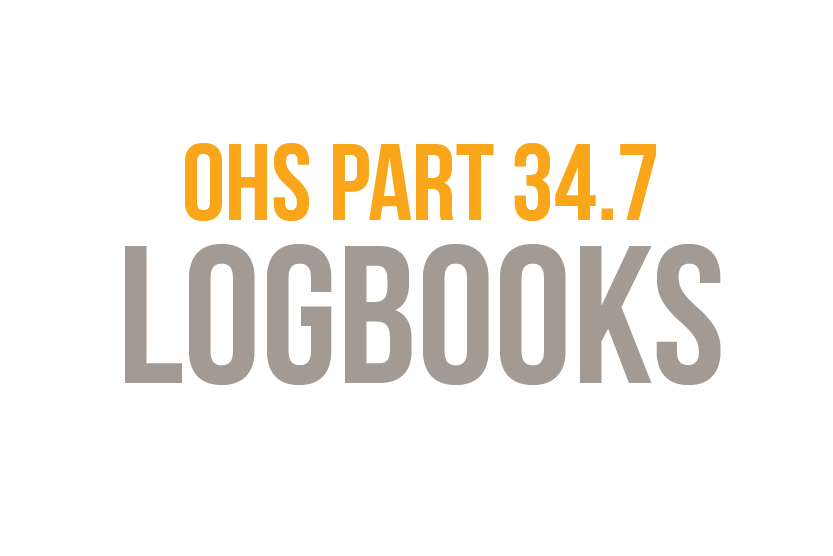
If you happen to be graced by a WorksafeBC rep on your worksite, be prepared to show them your IRATA or SPRAT logbook as well as your certification. Click here to learn more.
Read More >>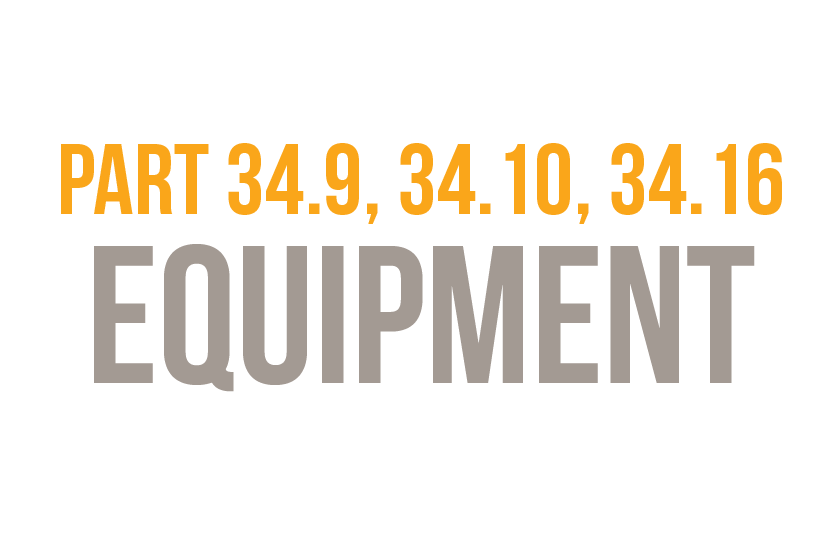
Your equipment is what will keep you safe so it's important that you understand everything from what gear to use, how you use it, when to inspect it, and when to get rid of it. Read here!
Read More >>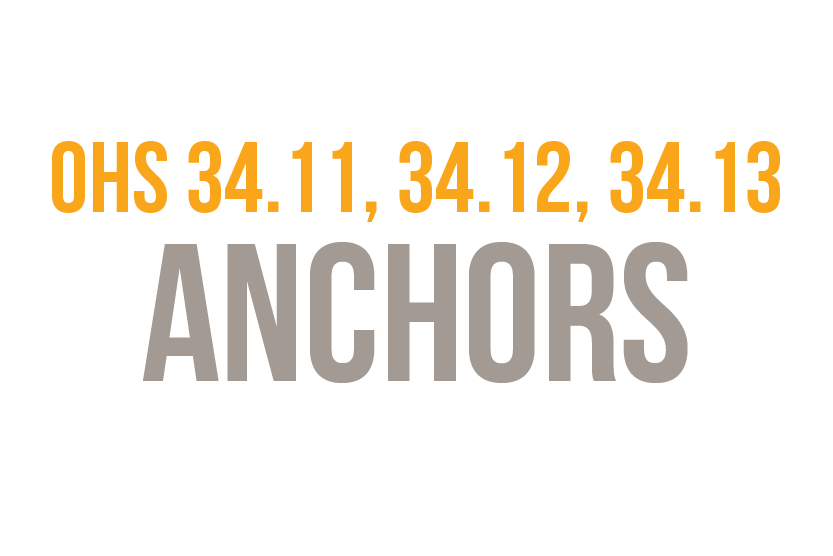
There are two anchor styles you’ll work with in rope access: permanent and temporary. Learn how to determine which anchors are appropriate and safe to use for Rope Access here.
Read More >>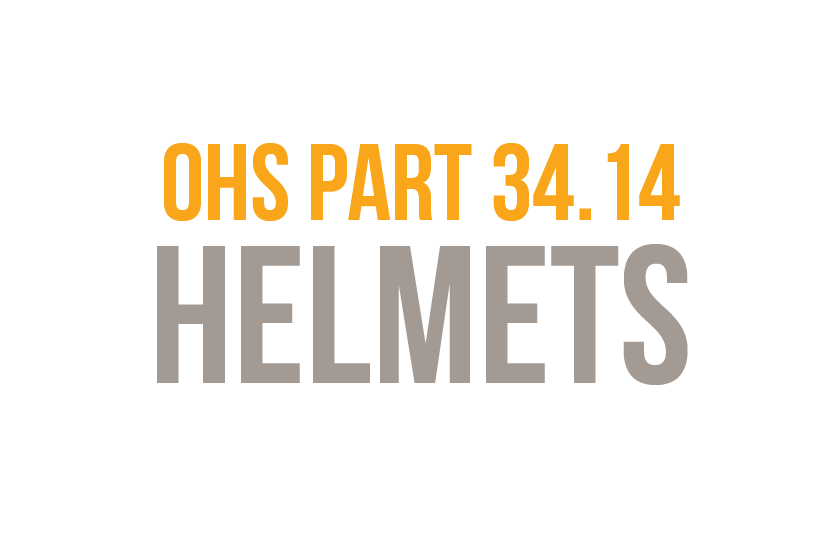
Protect your noggin! Helmets used in Rope Access have specific features to ensure you're protected. Read up on what these are and how you can determine if you're using the right helmet.
Read More >>
All Rope Access equipment used must meet a certain safety standard such as CSA, EN, ANSI, etc. This is to ensure the products that come out on the market meet a certain safety standard. Learn more here!
Read More >>OHS Part 34.5 is mentioned in the Training section. OHS Part 34.8 is mentioned in the Planning section. And, OHS Part 34.15 is mentioned in the Definitions section.
Helping construction and energy industries access hard-to-reach locations with custom work at height solutions

